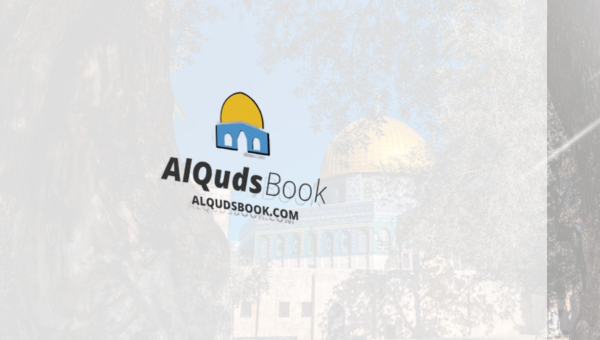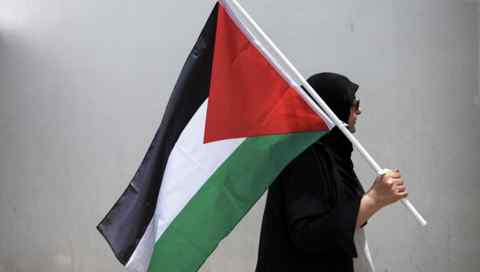Ramadan, the ninth month of the Islamic lunar calendar, is a time of spiritual reflection, self-discipline, and increased devotion for Muslims around the world. It is a month of fasting, prayer, and supplication, where believers seek closeness to Allah and strive to purify their hearts and souls. One of the most important aspects of Ramadan is the practice of making supplications, or du'as, which are heartfelt prayers and requests to Allah. In this article, we will delve into the significance of supplications in Ramadan and explore the correct ways to make them.
The Importance of Supplications in Ramadan
1. Seeking Forgiveness
During Ramadan, Muslims strive to seek forgiveness for their past sins and to purify their souls. Making supplications is a powerful way to seek forgiveness from Allah. It is believed that Allah is most merciful during this blessed month and is more likely to accept the sincere prayers of His worshippers. By making supplications, Muslims acknowledge their shortcomings and express their repentance, seeking Allah's forgiveness and mercy.
2. Strengthening the Connection with Allah
Supplications are a means of communication between a believer and Allah. They serve as a way to strengthen the bond and connection with the Creator. In Ramadan, when Muslims are engaged in increased acts of worship, supplications become an essential part of this spiritual journey. They provide an opportunity for believers to express their gratitude, seek guidance, and ask for blessings from Allah.
3. Seeking Protection and Guidance
Ramadan is a month of self-reflection and self-improvement. Muslims strive to overcome their weaknesses and seek guidance from Allah to lead a righteous life. Supplications play a crucial role in seeking protection from evil influences and guidance on the right path. By making supplications, believers express their reliance on Allah and seek His help in navigating the challenges of life.
4. Increasing Spiritual Awareness
Supplications in Ramadan help to increase spiritual awareness and mindfulness. When Muslims engage in the act of supplication, they are reminded of their dependence on Allah and their need for His guidance and support. This heightened awareness leads to a deeper connection with the Divine and a greater sense of purpose and spirituality.
The Correct Way to Make Supplications in Ramadan
1. Sincerity and Humility
The key to making effective supplications in Ramadan is sincerity and humility. Believers should approach Allah with a pure heart and genuine intentions. They should be humble in their requests, recognizing their own weaknesses and limitations. Sincere supplications are more likely to be accepted by Allah, as He knows the true intentions of His worshippers.
2. Use of Enriched and Varied Language
To make supplications more impactful, it is recommended to use enriched and varied language. Instead of repeating the same phrases or words, believers can express their desires and needs in different ways. This not only adds depth to the supplication but also prevents repetition and monotony.
3. Referencing the Names and Attributes of Allah
In supplications, it is beneficial to refer to the names and attributes of Allah. Each name and attribute of Allah carries a specific meaning and significance. By invoking these names and attributes, believers acknowledge the greatness and power of Allah and seek His blessings and mercy.
4. Consistency and Persistence
Consistency and persistence are key when it comes to supplications in Ramadan. Muslims are encouraged to make supplications throughout the month, not just during specific times or occasions. By consistently making supplications and persistently seeking Allah's guidance, believers demonstrate their dedication and reliance on Him.
5. Supplicating for Others
In addition to making personal supplications, Muslims are encouraged to supplicate for others as well. Praying for the well-being and success of family, friends, and the entire Muslim community is a noble act. It not only strengthens the bond between believers but also demonstrates selflessness and compassion.
Frequently Asked Questions (FAQ)
Q1: Can supplications be made in any language during Ramadan?
Yes, supplications can be made in any language during Ramadan. While Arabic is the language of the Quran and is highly recommended for supplications, Allah understands and accepts prayers in any language. The most important aspect is sincerity and genuine intention.
Q2: Are there specific times for making supplications in Ramadan?
While supplications can be made at any time during Ramadan, there are certain times when they are more likely to be accepted. These include the last third of the night, the time just before breaking the fast (iftar), and during the special night of Laylatul Qadr.
Q3: Are there specific supplications recommended to be recited in Ramadan?
There are several supplications recommended to be recitedduring Ramadan. Some of the most commonly recited supplications include:
1. Dua for breaking the fast (Dua al-Iftaar)
2. Dua for seeking forgiveness (Astaghfirullah)
3. Dua for blessings on the Prophet Muhammad (Salawat)
4. Dua for a blessed Ramadan (Dua for Laylatul Qadr)
5. Dua for a successful fast (Dua for Suhoor)
These are just a few examples, and there are many more supplications that can be recited during Ramadan. It is recommended to refer to authentic Islamic sources for a comprehensive list of supplications.
Q4: Can supplications be made in congregation during Ramadan?
Yes, supplications can be made in congregation during Ramadan. Muslims often gather in mosques or homes to perform special prayers and supplications together. This collective act of worship strengthens the bond of the community and creates a sense of unity and devotion.
Q5: Are there any specific etiquettes to follow while making supplications in Ramadan?
While there are no strict rules, it is recommended to follow certain etiquettes while making supplications in Ramadan. These include facing the qibla (the direction of the Kaaba in Mecca), raising the hands while making supplications, and making supplications with a focused and attentive heart. It is also important to maintain a state of ritual purity (wudu) while making supplications.
Supplications hold immense significance in the holy month of Ramadan. They serve as a means of seeking forgiveness, strengthening the connection with Allah, seeking guidance, and increasing spiritual awareness. By following the correct ways to make supplications, believers can enhance their spiritual journey and experience the blessings and mercy of Allah. Let us embrace the power of supplications in Ramadan and strive to make the most of this blessed month.
Remember, the key to effective supplications lies in sincerity, humility, and consistency. May Allah accept our supplications and grant us all the blessings and mercy in this holy month of Ramadan.





























